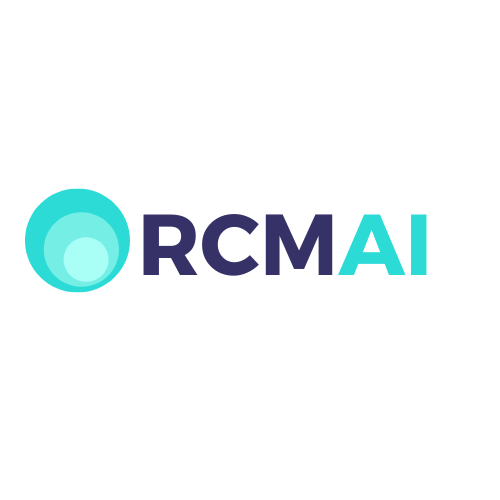Revenue cycle management (RCM) is an essential function of any healthcare organization, but it can be time-consuming and expensive. Companies must process large amounts of data, hire and manage staff to complete the tasks, and adhere to complex regulations.
In the past, there have been few options to streamline this process and reduce costs. Robotic process automation (RPA) will change that.
This post will explore how RPA technology is transforming RCM and how it can improve efficiency, and accuracy, and reduce costs. We will discuss the different features of RPA and how it can automate mundane and time-consuming tasks such as data entry, billing, and reconciliation.
We will also look at how RPA can reduce the burden of compliance and compliance costs. Finally, we will explore the potential for RPA to revolutionize the RCM process and help businesses streamline their operations.
1. RPA will automate RCM data collection and entry
Robot Process Automation (RPA) will revolutionize revenue cycle management by drastically reducing the time needed to complete tedious, repetitive tasks like data collection and entry. RPA software will automate the data collection and entry process by scanning documents, collecting data from multiple sources, and entering it into the right fields in the right format.
This reduces the time needed to complete the task, ensures accuracy, and increases efficiency. The result is faster and more accurate data entry, leading to improved operational performance.
2. RPA will streamline the RCM accounts receivable and payment processes
Robot process automation (RPA) can drastically improve accounts receivable and payment processes. Automated payment processing and accounts receivable reconciliation can save time and money, allowing staff to focus on more value-adding activities.
Automated payments are scheduled and sent out without manual intervention, and automated reconciliation can match payments to invoices without manual input. This can reduce the time spent poring over data and ensure that payments are accurately and efficiently processed.
3. RPA will increase RCM accuracy and efficiency
One of the major advantages of RPA technology is its increased accuracy and efficiency. Automation eliminates manual data entry, preventing errors that can occur when data is entered incorrectly or not updated.
RPA also minimizes the number of steps required to complete a task, enabling faster processing and improved customer service. This can dramatically reduce the time and money spent on revenue cycle management and improve the bottom line.
4. RPA will improve RCM customer experience
One of the major benefits of Robot Process Automation (RPA) is the improved customer experience it brings to revenue cycle management. By eliminating tedious manual processes, RPA can add speed and accuracy to the customer experience. With RPA, customers won’t have to wait hours or days for their requests to be processed, as RPA can quickly and accurately process a high volume of requests.
RPA enables RCM organizations to deliver more personalized services, such as tailored payment plans, by quickly and accurately analyzing customer data. This improved customer experience will help create a stronger bond between customers and the organization, resulting in increased satisfaction and loyalty.
5. RPA will reduce RCM costs and improve compliance
Automating revenue cycle management processes using robotic process automation (RPA) technology can lead to significant cost savings for healthcare organizations. Aside from eliminating labor costs associated with the manual processing of data, reduced costs are achieved through improved accuracy and compliance.
By automating mundane and complex tasks, organizations can ensure that they are adhering to industry regulations and avoiding costly errors and inaccuracies. RPA will also reduce the time spent on compliance reporting and audits. These factors can lead to improved accuracy and reduced healthcare revenue cycle management costs.
Robot process automation is revolutionizing revenue cycle management. By automating manual tasks and taking on more complex ones that require higher accuracy and speed, RPA is increasing efficiency and creating better workflows.
RPA is likely to become even more sophisticated as time progresses, creating more opportunities for healthcare organizations to improve patient care. RPA is an invaluable tool for healthcare organizations to help them streamline their operations and better serve their patients.



